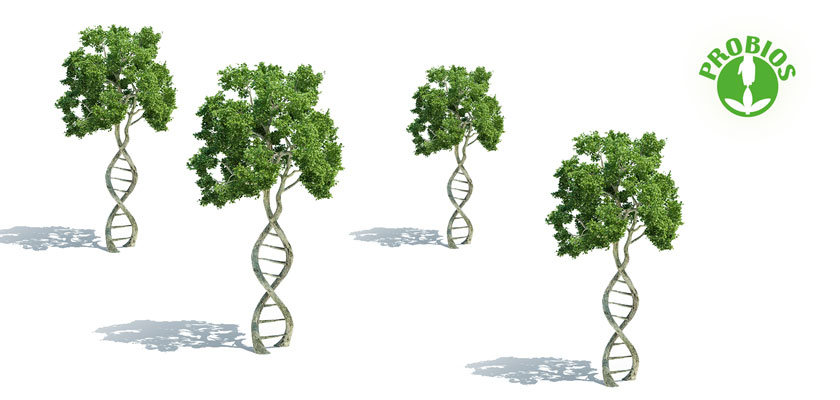
According to a study of the University of Oxford, with the vegan diet, “they would save 8.1 million premature deaths by 2050".
To come to that conclusion, university researchers have developed 4 different scenarios: a "business as usual" diet in which you maintain the current trends in terms of diet, one in which the meat is limited to 300 grams per week increasing the intake of fruits and vegetables, one strictly vegetarian diet and one vegan diet.
According to the last one, it allows to reach the greatest "gain" in terms of lives saved, mostly for minor cardiovascular diseases but also for cancers and obesity-related diseases, would precisely consist of the choice of a totally vegetable diet (no animal derivatives), followed by the vegetarian diet (7.4 million deaths spared).
According to the opinion of the academic researchers, the veg choices (vegan or vegetarian) would also lead to the the greatest benefits in terms of reducing emissions, by 63% for the vegetarian diet and 70% for the vegan diet, while the "moderately carnivorous" would reduce them by 30%. In addition, there would be an economic benefit for health systems up to one million dollars a year.
However, a study by the Cornell University, the "1000 genomes project", would prove that being a vegetarian is not at all an arbitrary choice and doesn't depend on the individual opinions nor the tastes, but was a consequence of the genes.
Researchers have in fact made two populations comparasisons: a mostly vegetarian diet (Pune, India), the other one purely carnivorous (Kansas, USA), conducting the first detective-evolutionary work on the subject.
According to the study results, the habit of a vegetarian diet would thus lead, in the course of evolution, to a change in the DNA, an adaptation that would allow to exploit at the best this type of regime.
In other words, the "green" diet would be written in our genes.[1]





